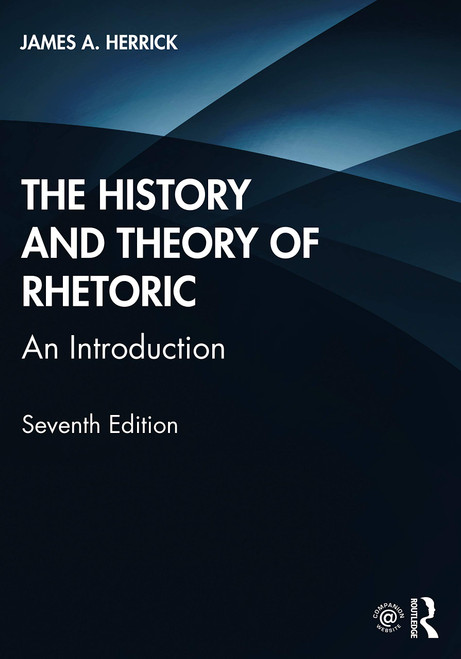Theories of rhetoric initially emerged in Greece in the fifth century B.C. with the realization that in a democracy all citizens had a right and duty to participate in their own government. Aristotle's Rhetoric was the first, systematic study of civic discourse. But this classic text has not benefited from a new translation in sixty years. Now, George A. Kennedy, a leading scholar of classics and communications, has provided an up-to-date, lucid translation which will make the Rhetoric as well known--and as accessible--as Aristotle's Poetics.
Kennedy's version of On Rhetoric takes into account all of the latest scholarship on Aristotle, using the most reliable texts available, and preserving Aristotle's distinctive style. He eliminates euphemistic and sexist language (which Aristotle did not use), and maintains contradictions which exist in the hand-written, medieval manuscripts (which provide our only access to Aristotle's work). Kennedy's translation also provides the most substantial commentary, and the most extensive notes, of any English version. In his introduction, we learn of the status of rhetoric before Aristotle's treatise (including the work of Socrates, Plato, and Gorgias), receive an account of his life (he tutored the young Macedonian who later became Alexander the Great), and, of course, find a detailed, chapter by chapter account of the text. Kennedy also includes a glossary of Greek rhetorical vocabulary, supplementary texts (by Gorgias, Cicero, and Aristotle himself), and essays on the Rhetoric's composition and on the history of the text after Aristotle.
Aristotle's pioneering study of rhetoric remains useful today, whether for composition studies, public speaking, or literary criticism. The proper use of rhetoric is an essential component of the democratic process, and this readable translation will make the art of persuasion available to new generations of citizens and scholars.
On Rhetoric: A Theory of Civil Discourse
$53.10 - $69.17
- UPC:
- 9780195064865
- Maximum Purchase:
- 3 units
- Binding:
- Hardcover
- Publication Date:
- 1991-09-26
- Author:
- Aristotle
- Language:
- english
- Edition:
- First Edition










